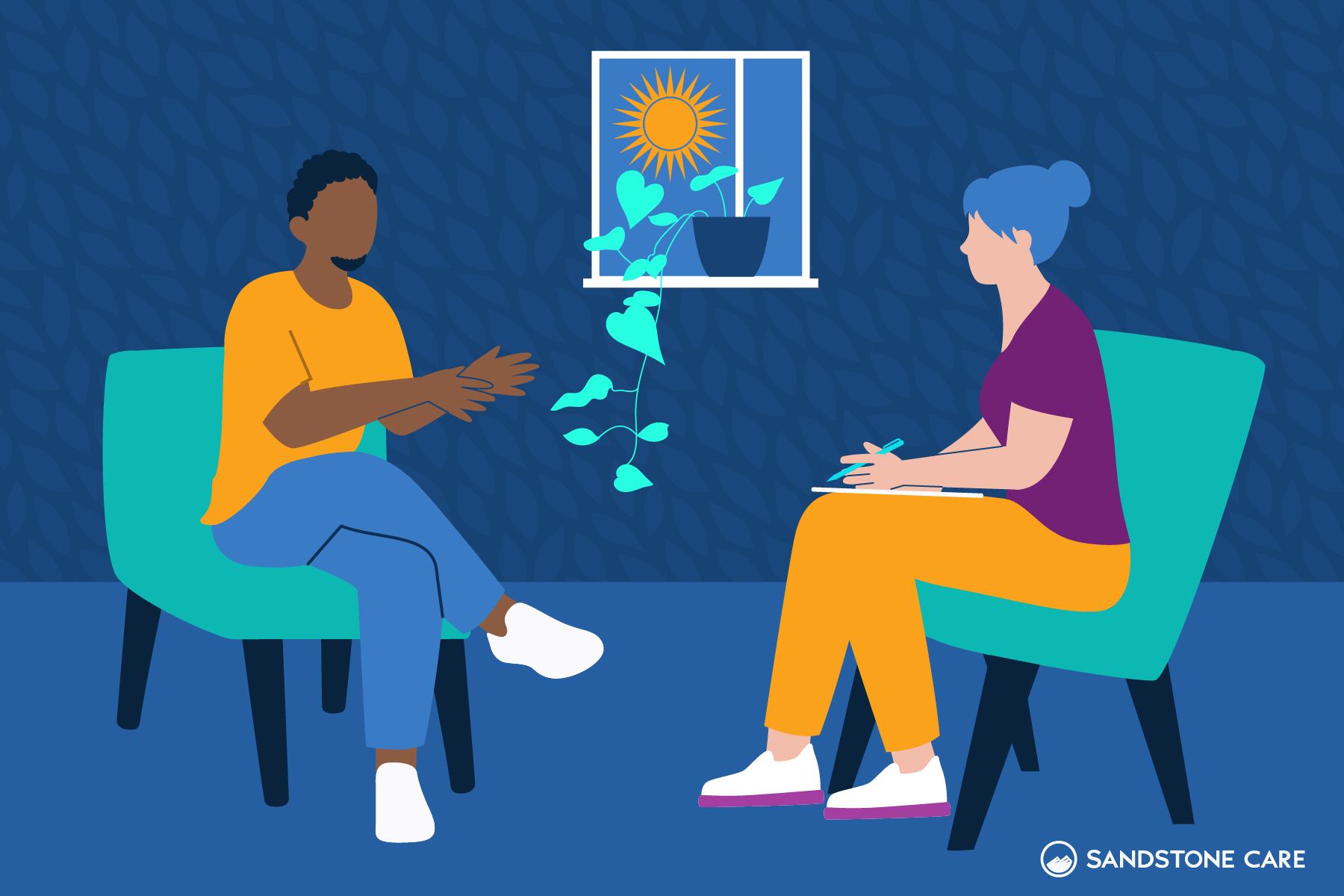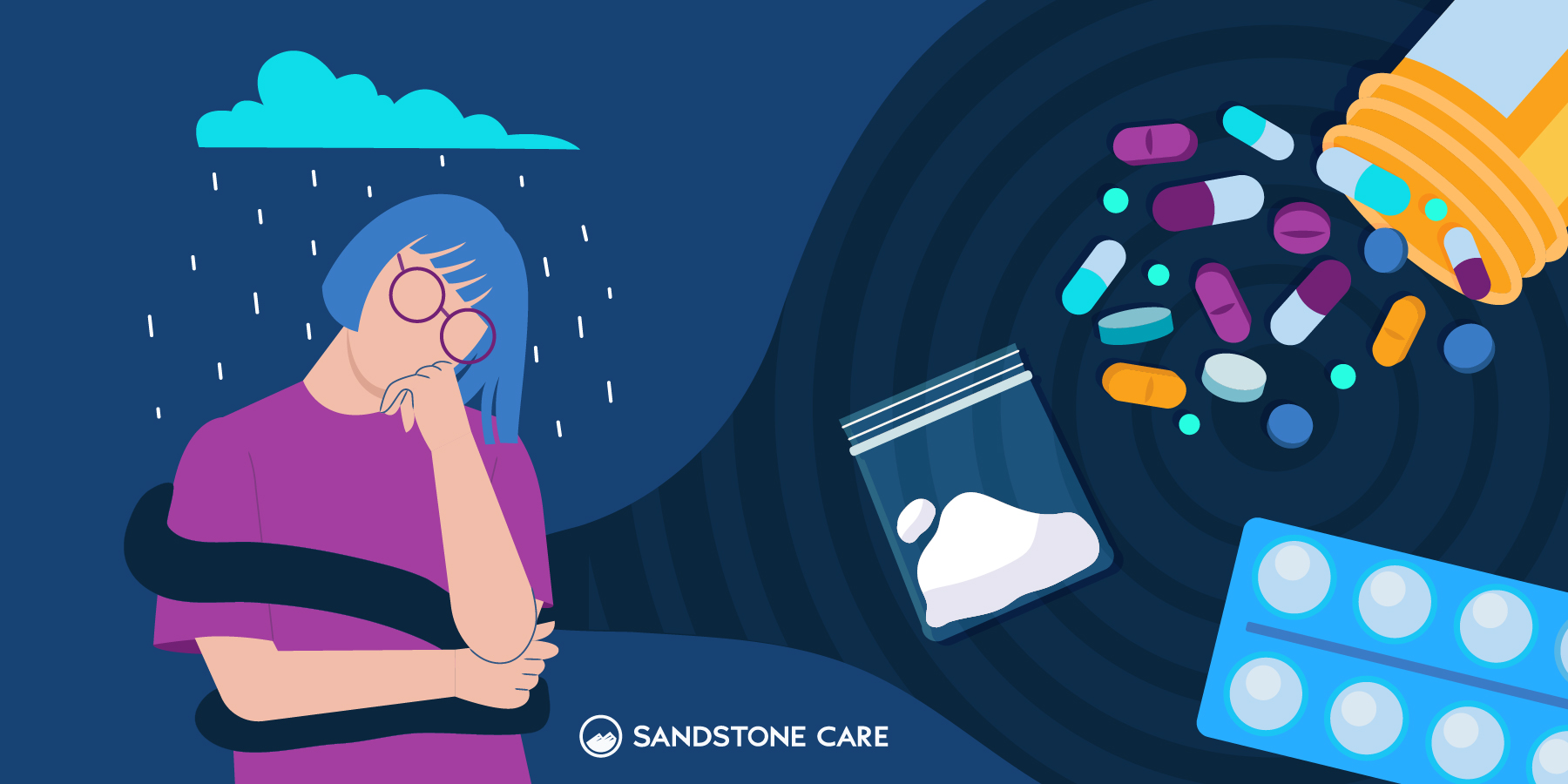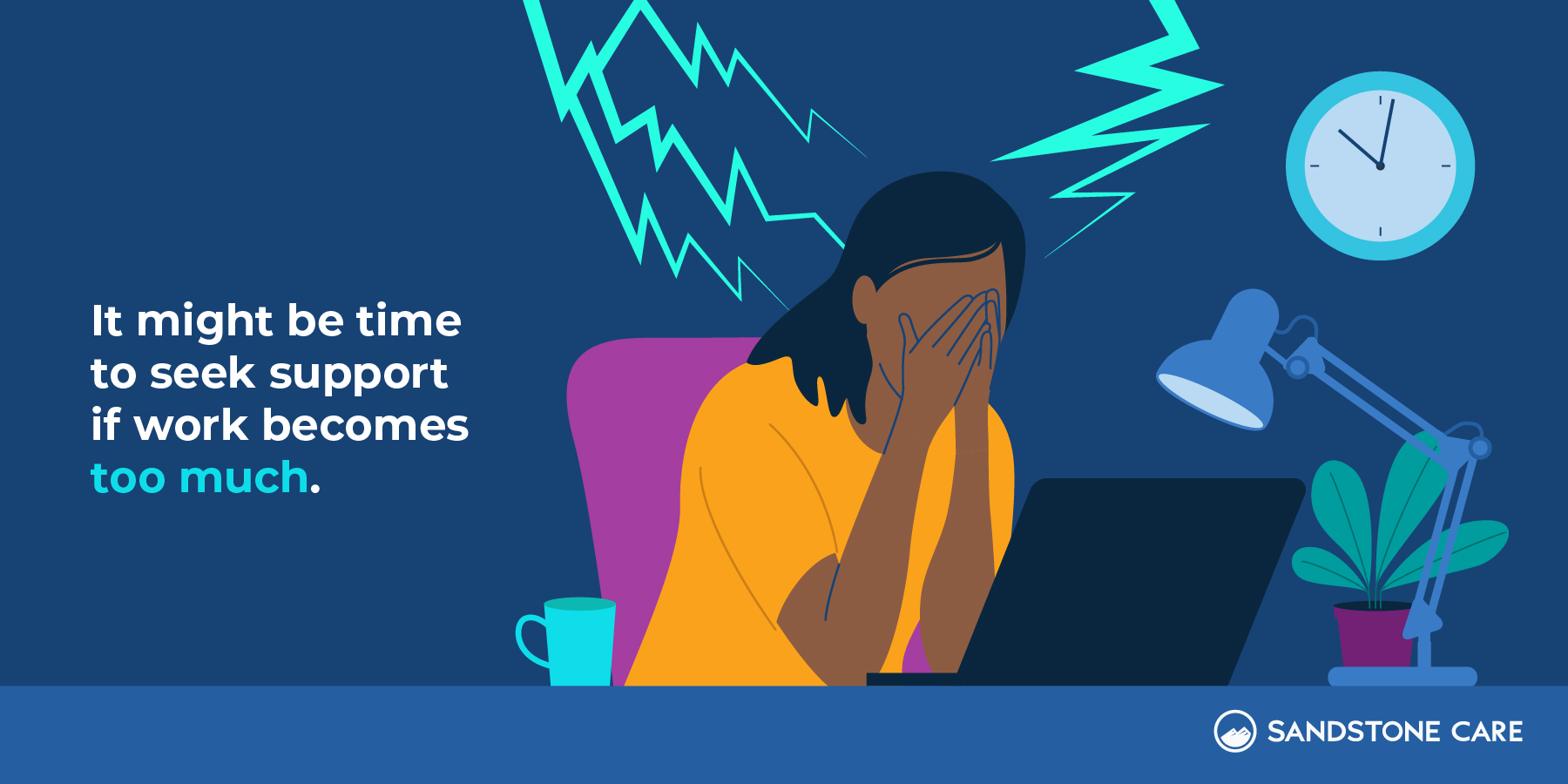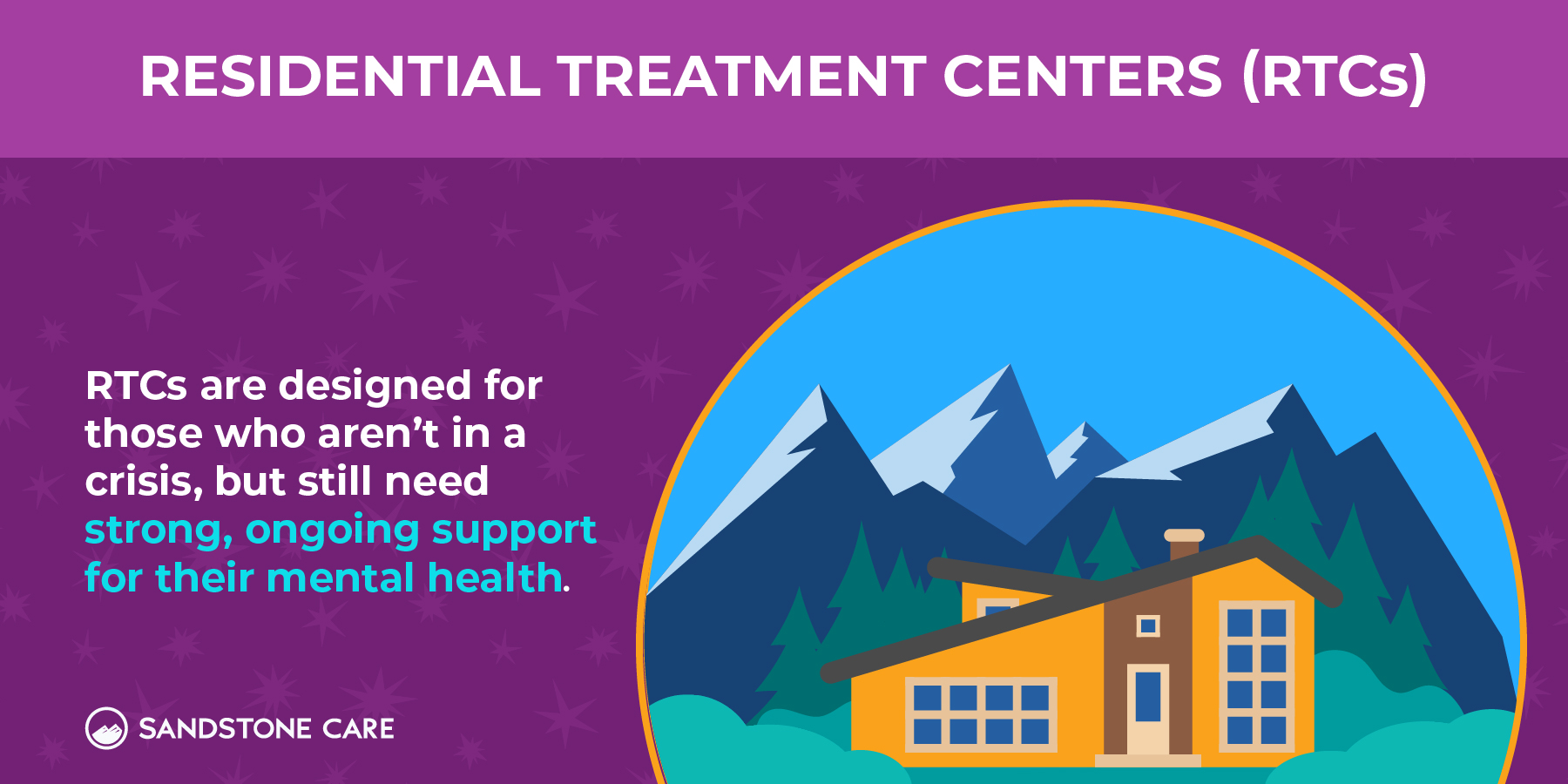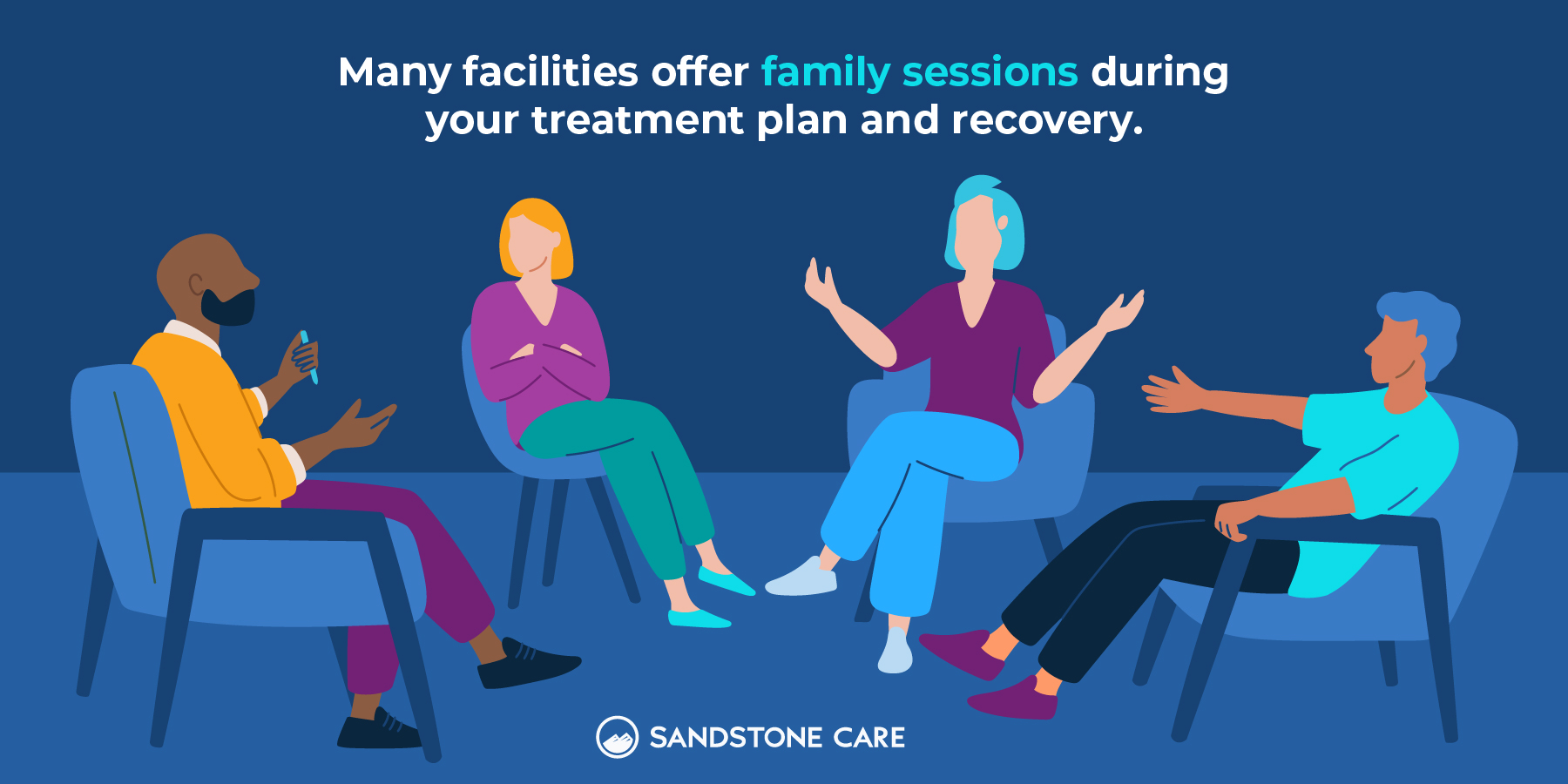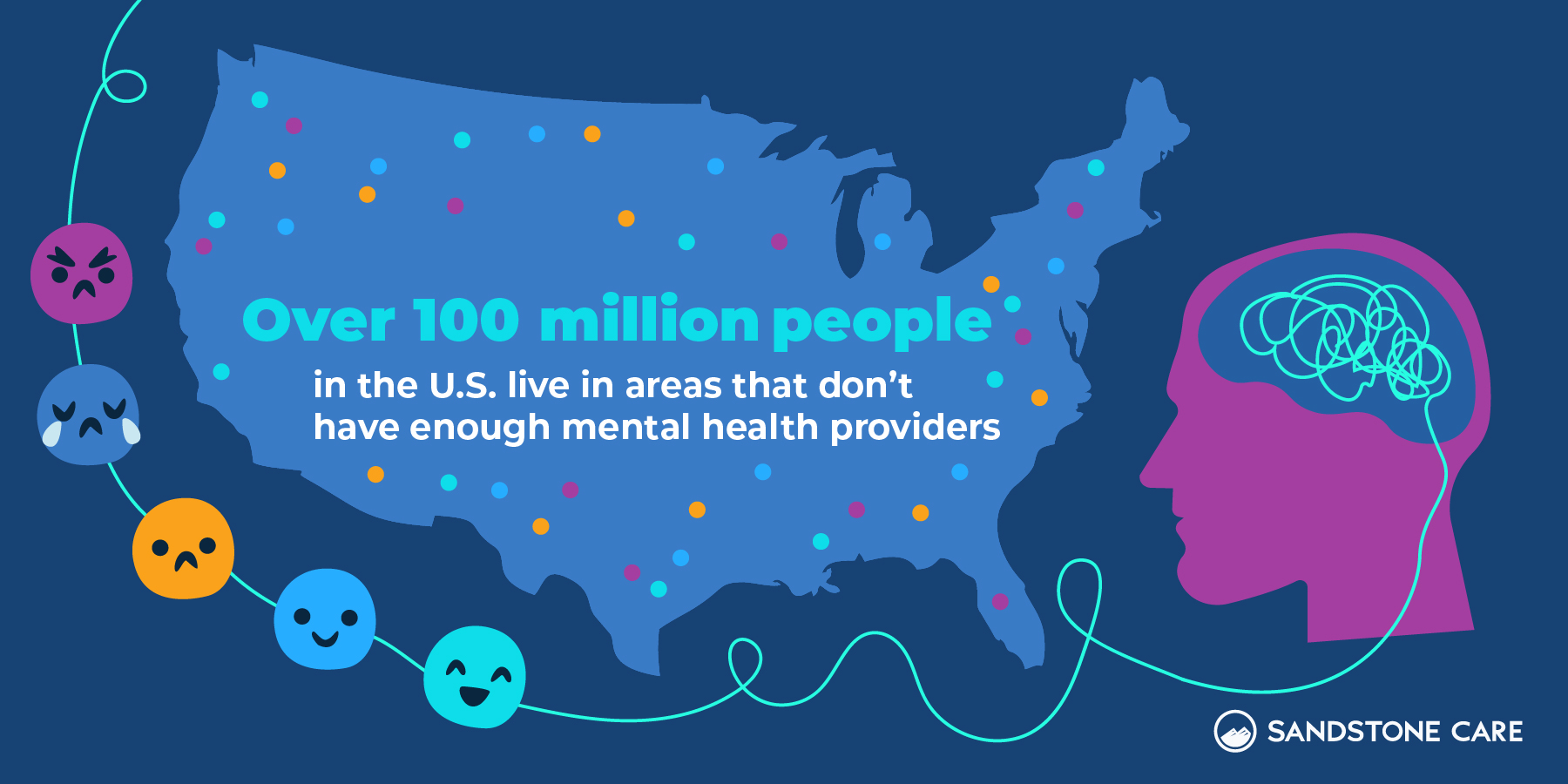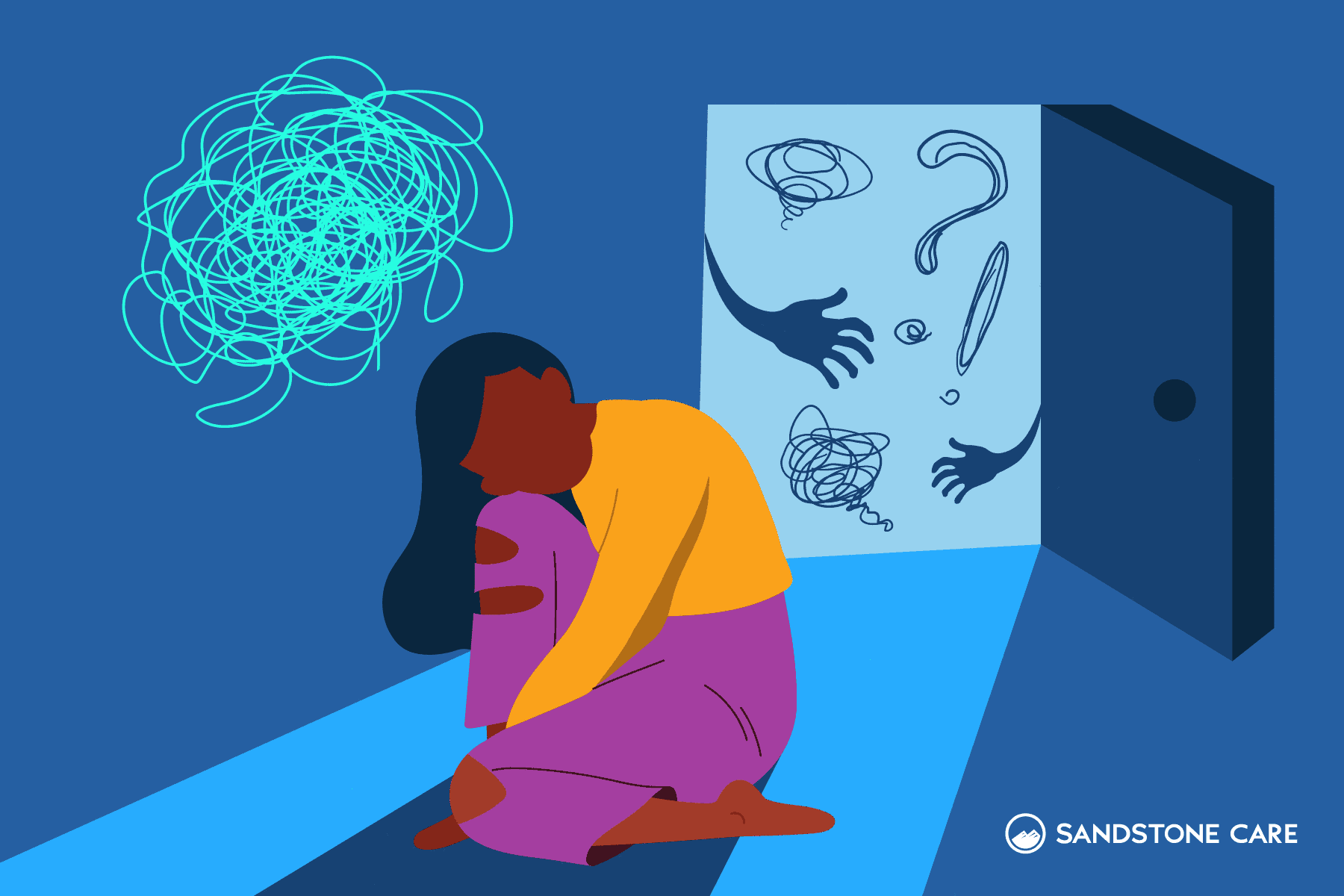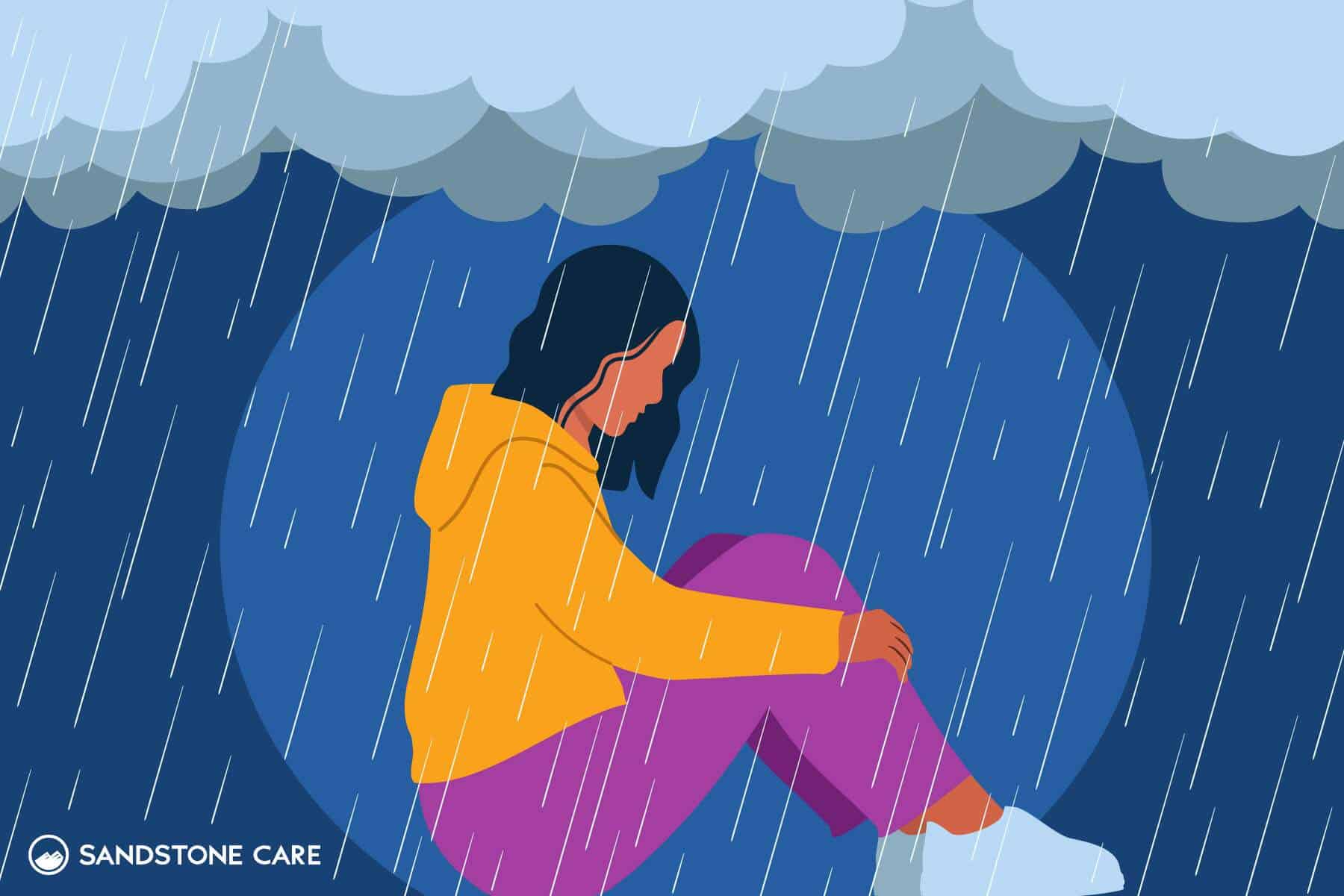Inpatient Mental Health
Deciding if you need inpatient mental health care is a big step. There are several different types of inpatient care, and it can feel confusing to try to sort through them, especially when you aren’t feeling well. This guide will walk you through the different things to keep in mind when exploring treatment.
Do I Need Inpatient Mental Health Treatment?
You may need inpatient mental health treatment if you are not getting better with outpatient care, are seeing or hearing things that aren’t there, or are experiencing medical complications due to your mental health condition.
Realizing you might need to stay in a hospital or treatment center for your mental health can feel overwhelming.
You may even feel embarrassed or ashamed that things have gotten to this point, but it is not your fault, and there are people who have dedicated their entire career to helping people just like you.
It’s normal to wonder if your condition is serious enough for inpatient treatment.
If you are unsure, consider the following questions:
- Am I experiencing thoughts of harming myself or others? Do I have a plan to act out those thoughts?
- Am I hearing voices or seeing things? Am I experiencing delusions or losing touch with reality?
- Have I tried outpatient services, such as therapies and medications, but they weren’t effective?
- Am I using drugs or alcohol and struggling to stop? Or am I feeling sick from withdrawal?
- Am I experiencing a medical complication of a mental health condition, such as malnutrition from an eating disorder?
When To Seek Inpatient Mental Health Treatment?
You should seek inpatient mental health treatment if you are experiencing a mental health crisis that makes it difficult to keep yourself safe.
For example, if you have a plan to hurt yourself that you intend to act on, or are experiencing a break from reality (e.g., seeing or hearing things that aren’t there), then you may need a high level of support that you can find in inpatient treatment.
However, for other people, it isn’t always as clear that they need help. Sometimes, it is a slower build-up before you realize you need care.
Signs that it might be time to seek more support include:
- It feels impossible to take care of yourself.
Brushing your teeth or taking a shower can feel too hard.
- Work becomes too much.
It’s hard to go to your job, focus, or keep up with responsibilities. - You pull away from others.
You stop spending time with friends and family and may struggle to maintain relationships. - Loved ones are worried.
People close to you may notice changes and express their concern.
If any of these signs sound familiar, it’s ok to reach out for help or ask someone to help you get the care you need.
The right treatment can help things start to feel more manageable before you even face a major crisis.
What Is Inpatient Therapy?
Inpatient therapy means that a person lives at a treatment center while they receive 24/7 support.
When people hear “inpatient mental health care,” they often think of a psychiatric hospital.
While hospitals are one form of inpatient care, they are not the only option. Many programs today focus on creating supportive, therapeutic environments that feel less clinical and more healing.
These programs often combine evidence-based treatments like therapy, medication management, and skill-building with holistic approaches such as mindfulness, art, or recreational activities.
Examples of other types of inpatient care include:
- Crisis stabilization: short-term care to help you get through a mental health crisis.
- Inpatient unit of a hospital: a mental health wing or unit within a hospital.
- Residential treatment center for mood disorders: a longer-term option where people stay to receive help with mood disorders such as anxiety or depression.
- Substance use treatment: a facility for those experiencing substance abuse and who need help stopping drugs or alcohol.
- Forensic psychiatric hospitals: a facility for individuals who are involved in the legal system and need mental health treatment.
- Dual diagnosis or co-occurring disorder clinics: care for those with substance use and a mood disorder, such as depression.
A common misconception is that inpatient care is only for people who are “dangerous” or “too far gone,” when in reality it is designed for anyone who needs intensive, short-term support to get through a crisis safely.
How To Get Inpatient Mental Health Care?
If you think you need inpatient mental health treatment, but aren’t sure where to begin, you can go to an emergency department, visit a crisis center, reach out to members of your care team, or call mental health facilities directly.
1. Go to an emergency department.
If you are experiencing a mental health emergency, such as acute psychosis or thoughts of harming yourself or others, seek emergency medical care.
Emergency department staff can keep you safe and find a place where you can transfer to for treatment. Most hospitals have case managers who can help find a facility that meets your needs and has room.
2. Visit a walk-in crisis center
Walk-in crisis centers are available for people who are experiencing a mental health crisis or emergency. You do not need an appointment, and while you can call ahead, you can also walk in.
They can help set you up with care at a crisis stabilization unit, another inpatient mental health facility, or the right level of support.
Note: These centers specialize in mental health and do not have the same medical resources as a hospital. If you also have a physical issue (like you’re not eating, or you are sick from drug use), they may first send you to a hospital for a medical clearance.
3. Talk to your primary care provider or mental health care provider
If it’s not an emergency, you can talk to your psychiatrist or primary care provider. Let them know what symptoms you are experiencing and that you are interested in inpatient care. They can help refer you to the right treatment.
4. Ask your therapist for help
Many therapy groups do not handle emergencies themselves. However, they usually have resources to help you find more intensive care.
5. Contact facilities directly
Some psychiatric hospitals don’t take walk-in patients and require a referral from a hospital or crisis center.
But crisis stabilization units, which are facilities designed for shorter stays, often do take walk-in patients.
6. Look into residential treatment centers
If you know you need more help, but you’re not in crisis, a residential treatment center (RTC) might be a good option. These are longer-term programs where you live at the center while you are receiving care.
For example, Sandstone Care offers residential treatment for young adults at their Boulder, CO, location and for teens and adolescents at their Castle Rock, CO, location.
How Long Is an Inpatient Mental Health Stay?
The length of an inpatient stay depends on how severe your symptoms are, the type of mental health condition you have, and how you respond to treatment.
In general, stays are short-term, moderate, or longer-term.
Short-term stays (3 to 7 days)
These are for people who are in a crisis and need help quickly, but for a short period of time. They’re usually focused on helping you feel safe and more stable. They often happen at crisis stabilization units (CSUs), but can also be in psychiatric hospitals.
Example: If someone is experiencing suicidal thoughts, they may go to a CSU for a few days. Once they are more stable, they might move to outpatient care, such as an intensive outpatient program (IOP) or partial hospitalization program (PHP).
Moderate stays (1 to 3 weeks)
These stays are for those who have more severe symptoms and need more time for treatment.
They usually happen in psychiatric hospitals or at inpatient psychiatric care units in a hospital.
Example: If someone is experiencing strong hallucinations (psychosis), acute mania, or ongoing suicidal thoughts, they might need to stay longer for the right medication and support.
Longer-term stays (28 days or more)
Longer-term stays in a residential treatment center (RTC) are often ideal for people with complex mental health conditions, dual diagnoses (mental health diagnosis and substance use), substance use disorder treatment, or mood disorders.
Example: At Sandstone Care, their residential treatment center (RTC) lasts between 30 and 45 days, or longer if needed.
Regardless of the treatment setting, your health care team will check in on how you’re doing and help you create a plan to help you move on to the next level of care, such as outpatient care. This process is often called discharge planning.
What To Expect From Inpatient Mental Health Treatment?
Inpatient treatment is highly structured, with a clear routine, daily schedule of therapy and activities, and round-the-clock support.
Staff are available 24/7 to help you—including behavioral health techs (sometimes called “techs” or “BHTs”), nurses, therapists and social workers, and medical providers such as doctors, nurse practitioners, and physician assistants.
Who’s there to help?
- Behavioral health techs are usually staffed at most facilities 24/7. They complete tasks such as patient rounding, answer questions, and provide assistance to patients.
- Therapists or social workers lead group, individual, and family therapy sessions throughout the day.
- Medical providers check in with clients about medications and overall mental health. While not all facilities staff a prescribing medical provider 24/7, most have providers on call and available at all times for emergencies.
- Nurses administer medications, perform lab work, manage other health needs of clients, and are typically on-site 24/7.
During the day, you’ll have a mix of activities to help you feel better, learn new skills, and get support.
For example, you may participate in various treatment programs, such as:
Individual therapy: These are one-on-one sessions with your primary therapist.
Group therapy: These are sessions with peers that focus on coping strategies and skill building using a variety of therapy types (e.g., dialectical behavioral therapy or acceptance and commitment therapy).
Medication management: A mental health provider will check in periodically throughout your stay to provide psychiatric assessments and adjust medications.
Family sessions: Many facilities also offer the opportunity for family sessions to include family members in your treatment plan and recovery.
Recreational, experiential, and wellness activities: These include activities such as art therapy, yoga, and mindfulness.
At some Sandstone facilities, such as the young adult residential treatment center in Boulder, clients have the opportunity to participate in outings such as hiking, rock climbing, farm visits, and more.
Other services: Some facilities may also offer services such as electroconvulsive therapy (ECT) as part of their inpatient program. ECT can also be done on an outpatient basis, too, if you find this treatment effective.
How Much Is Inpatient Mental Health Care?
The cost of inpatient mental health care varies greatly, ranging from no out-of-pocket expenses to several thousand dollars.
Several factors impact cost, such as:
- Location
- Type of facility
- Length of stay
- Insurance coverage
With insurance coverage: If the facility is in-network with your insurance, you may only be responsible for co-pays, co-insurance, or the cost of your deductible.
Out-of-pocket costs vary significantly between insurance providers. Many facilities, including Sandstone, have dedicated admissions staff who can help you navigate anticipated costs ahead of your stay.
In some cases, payment plans or financial assistance are available.
Without insurance: If you do not have insurance, speak to the hospital or medical center to discuss options. Short-term stays can cost several thousand dollars, with longer stays costing significantly more.
Facilities often have different rates for clients paying fully out of pocket versus those using insurance.
Additionally, some facilities offer sliding scale fees or financial assistance programs.
Why Is It So Hard To Access Inpatient Mental Health Care?
Even when someone knows they need help and they are ready to go to an inpatient facility, getting care can be difficult because more people need help than the healthcare system has room for.
There simply aren’t enough hospital beds for people who need mental health treatment.
Between 1955 and 2016, the number of state-funded psychiatric beds dropped by 97% per person.
The need for mental health care continues to grow:
- Over 100 million people in the U.S. live in areas that don’t have enough mental health providers, like psychiatrists.
- Visits for suicidal thoughts went up by 414% between 2004 and 2016.
- More people are going to emergency rooms for mental health help.
- Even if someone is experiencing a mental health crisis, sometimes there is no bed available at an inpatient facility. The client may need to stay in the emergency room for hours to days—this is known as boarding and happens while a hospital waits for a spot to open up.
Sandstone Care is working to fill this gap by providing both outpatient care and residential treatment at several facilities throughout the country.
Key Points
- If you are experiencing a mental health emergency, seek emergency medical care by calling 911, going to the nearest emergency department, or contacting the 988 Lifeline.
- Inpatient mental health treatment provides intensive support for those in crisis or who need additional help to manage their condition beyond outpatient treatments.
- Signs you may need inpatient care include suicidal thoughts, psychosis, or struggling to function in daily life.
- Treatment varies depending on the type of facility and length of stay. Generally, it includes various kinds of therapy, medication management, and discharge planning so that treatment can continue on an outpatient basis.
Find Inpatient Mental Health Treatment Centers Near You

Addiction & Mental Health Treatment Center in Rockville, MD
11820 Parklawn Dr. #403, Rockville, Maryland, 20852
(888) 850-1890
Mental Health Residential Treatment Center for Teens
864 Barranca Drive, Castle Rock, CO 80104, Castle Rock, Colorado, 80104
(888) 850-1890
Residential Treatment Program in Colorado
38619 Boulder Canyon Dr., Boulder, Colorado, 80302
(888) 850-1890
